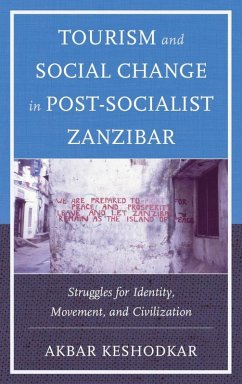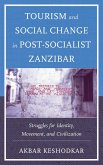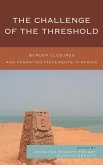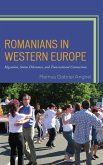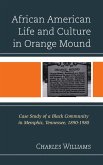Notions of ustaarabu, a word expressing "civilization," and questions of identities in Zanzibar have historically been shaped by the development of Islam and association with littoral societies around the Indian Ocean. The 1964 Revolution marked a break in that history and imposed new notions of African civilization and belonging in Zanzibar. The revolutionary state subsequently introduced tourism and the market economy to maintain its hegemony over Zanzibar. In light of these developments, and with locals facing growing socio-economic marginalization and political uncertainty, Tourism and Social Change in Post-Socialist Zanzibar: Struggles for Identity, Movement, and Civilization examines how Zanzibaris are struggling to move through the local landscape in the post-socialist era and articulate their ideas of belonging in Zanzibar. This book further investigates how movements of Zanzibaris within the emerging and contending social discourses are reconstituting meanings for conceptualizing ustaarabu to define their roots in Zanzibar.
Bitte wählen Sie Ihr Anliegen aus.
Rechnungen
Retourenschein anfordern
Bestellstatus
Storno

